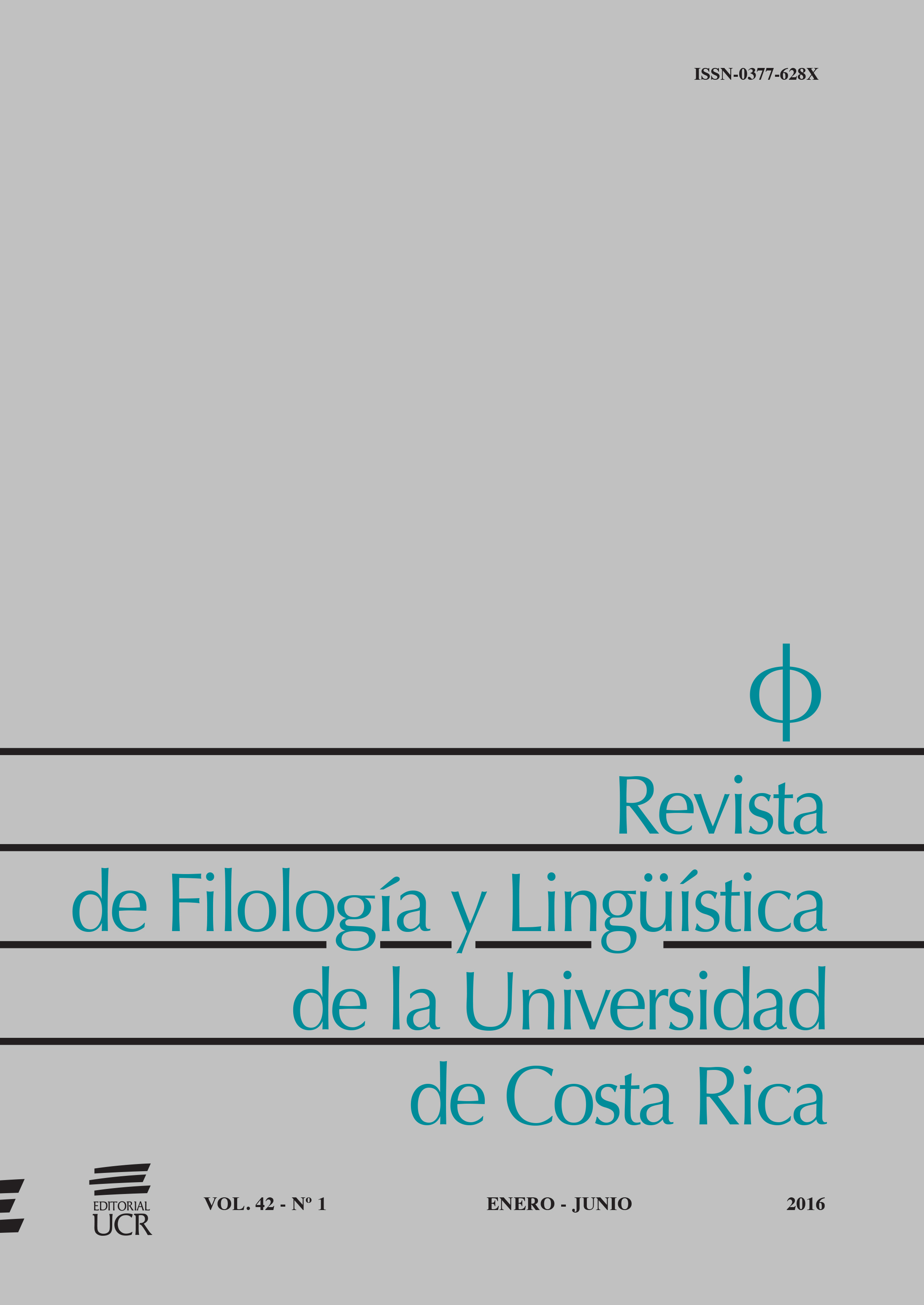Abstract
The novel Waslala (1996) by Nicaraguan writer Gioconda Belli explores the timeless human concern to find a “happy place” or instead to create a perfect society following the model established by Thomas More in Utopia (1516). In Waslala, a secret, closed community hidden in the Central American jungle, the utopian project fails when the practice of government and the use of power bring discord among the founding fathers of the community and destroy their ideals of harmony, equality and justice the community was based upon. However, Belli’s novel offers an alternative model to the male utopia, by incorporating a feminist vision to the formation of a better, more just society. Her utopian proposal places community building at the center and women at the front of the national project. The novel features four women whose leadership and initiative contribute to the opening of safe spaces for victims of social chaos created by armed conflicts and human greed. The strength of these women brings to mind the matriarchal societies of the Amazons, a Greek myth depicting the dangers of female power with its threat of destabilizing the patriarchal society.
References
Barbas-Rhoden, L. (2005). Greening Central American Literature. Interdiciplinary Studies in Literature and Environment. 12-1, 1-17.
Belli, G. (2006). Waslala. Memorial del futuro. Barcelona: Seix Barral.
Bloch, E. (1986). The Principle of Hope. Oxford: Basil Blackwell.
Carpentier, A. (1953). Los pasos perdidos. Madrid: Alfaguara.
Cervantes Saavedra, M. (2004). Don Quijote de la Mancha. Edición IV centenario. Madrid: RAE.
Cixous, H. (1976). The Laugh of the Medusa. Signs. 1(4), 875–93.
García Márquez, G. (1967). Cien años de soledad. Buenos Aires: Editorial Sudamericana.
Gil-Iriarte, M. L. (2001). Waslala: reescritura femenina de la utopía. Por C. Alemany-Bay, R. Mataix, J. C. Rovira (Eds.). La isla posible. http://www.cervantesvirtual.com/servlet/SirveObras/12482280880131519643846/index.htm [Consulta de marzo de 2015].
Irigaray, L. (1985). This Sex Which Is Not One. Ithaca, NY: Cornell University Press.
Lafita-Fernández, V. (2009). Utopía con nombre de mujer. (Tesis doctoral). Universidad de Barcelona.
Mantero, J. M. (2011). Mi íntima multitud de Gioconda Belli y la fragmentación de la utopía. Chasqui. 40(2), 33-43.
Marin, L. (1993). The Frontiers of Utopia. Critical Inquiry. 19(3), 397-420.
Pastor, B. (1996). El jardín y el peregrino. Ensayos sobre el pensamiento utópico latinoamericano 1492-1695. Amsterdam: Rodopi.
Pereyra, M. (2010). Paradise Lost: A Reading of Waslala from the perspectives of Feminist Utopianism and Ecofeminism. A. Taylor-Kane (Ed.). The Natural World in Latin American Literatures: Ecocritical Essays on Twentieth Century Writings. Jefferson, N.C.: McFarland & Co.
Revista Envío. (1990). Waslala: Anatomy of a Conflict. Envío. 112. http://www.envio.org.ni/articulo/2641 [Consulta marzo, 2015]
Rodríguez, A. P. (2009). Dividing the Isthmus. Central American Transnational Histories, Literatures, and Cultures. Austin: University of Texas P.
Sargisson, L. (1996). Contemporary Feminist Utopianism. London: Routledge.
Spivak, G. (1988). Can the Subaltern Speak? Marxism and the Interpretation of Culture. C. Nelson and L. Grossberg (Eds.) London: Macmillan.
Zinani, C. (2004). Nicaragua e Gioconda Belli: um diálogo possível. Revista de letras. 44(2), 105-128.
Zubiaurre, M. (2004). Discurso utópico, basura tóxica y reciclaje ecofeminsta en Gioconda Belli: el caso Waslala/Goiania. Letras Femeninas. 30(2), 75-93.

